App stores: A security time bomb?
With more and more app stores popping up, are we about to see a significant rise in threats within these virtual stores?


Sign up today and you will receive a free copy of our Future Focus 2025 report - the leading guidance on AI, cybersecurity and other IT challenges as per 700+ senior executives
You are now subscribed
Your newsletter sign-up was successful
ANALYSIS In the last week we saw Apple celebrating its 10 billion App Store downloads milestone.
The success of app stores has been fairly startling in recent years, altering the paradigm of how people use their web connections.
But with the rise of these virtual emporiums, more of which are set to pop up soon, has come an increase in security dangers threatening end users.
So should users be panicking about what they're downloading and is there even much to be concerned about?
The threats
Users could encounter a variety of threats on app stores. Some are bundled in with other apps, such as wallpapers.
This throws up another challenge for vendors as they try to split malicious apps from the legitimate ones.
Sign up today and you will receive a free copy of our Future Focus 2025 report - the leading guidance on AI, cybersecurity and other IT challenges as per 700+ senior executives
Spyware-type applications have been spotted as well, where SMS messages were sent to unintended recipients.
More traditional, PC-like attacks are another danger. Symantec researchers recently spotted a piece of malicious kit that stole data and reported back to a command and control centre.
The app was monitoring SMS messages and was capable of receiving instructions from the command and control centre as well.
Other dirty apps have forced the user to call premium rate numbers, so the crooks get some of their target's funds.
Not so serious?
Despite the range of threats out there, users should not feel overly perturbed. Not just yet, anyway.
The fact that no precise figures have been given on how many malicious apps are present on the likes of the Apple App Store and Google's Android Market, indicates hackers have not yet identified them as fine places to acquire funds and data illicitly.
Compared to the amount and range of malware targeting PCs, malicious apps pale in comparison.
Greg Day, director of security strategy for McAfee in Europe, the Middle East and Africa (EMEA), said the security firm had not seen any more than 1,000 mobile threats in total, whereas there are 60,000 PC threats emerging a day.
However, he claimed it was "blatant" that apps will increasingly be used as a basis for attacks.
"What we've seen happen over the last year is a lot of testing can I do it, what can I do it with?" Day told IT PRO.
"The question is, at what point does that floodgate open and this becomes mainstream?"
Smarter businesses will prepare now for when mobile app threats really start to escalate, according to Day.
Orla Cox, security operations manager at Symantec, said her company had also only seen "a very small amount of threats."
But Cox said she expects certain kinds of app attacks to continue to rise, such as the aforementioned premium phone dialler danger.
She also pointed to the Android Market, indicating many of the threats Symantec has spotted had come out of the Google offering, rather than the Apple App Store.
Tom Brewster is currently an associate editor at Forbes and an award-winning journalist who covers cyber security, surveillance, and privacy. Starting his career at ITPro as a staff writer and working up to a senior staff writer role, Tom has been covering the tech industry for more than ten years and is considered one of the leading journalists in his specialism.
He is a proud alum of the University of Sheffield where he secured an undergraduate degree in English Literature before undertaking a certification from General Assembly in web development.
-
 Security experts warn Substack users to brace for phishing attacks after breach
Security experts warn Substack users to brace for phishing attacks after breachNews Substack CEO Christ Best confirmed the incident occurred in October 2025
-
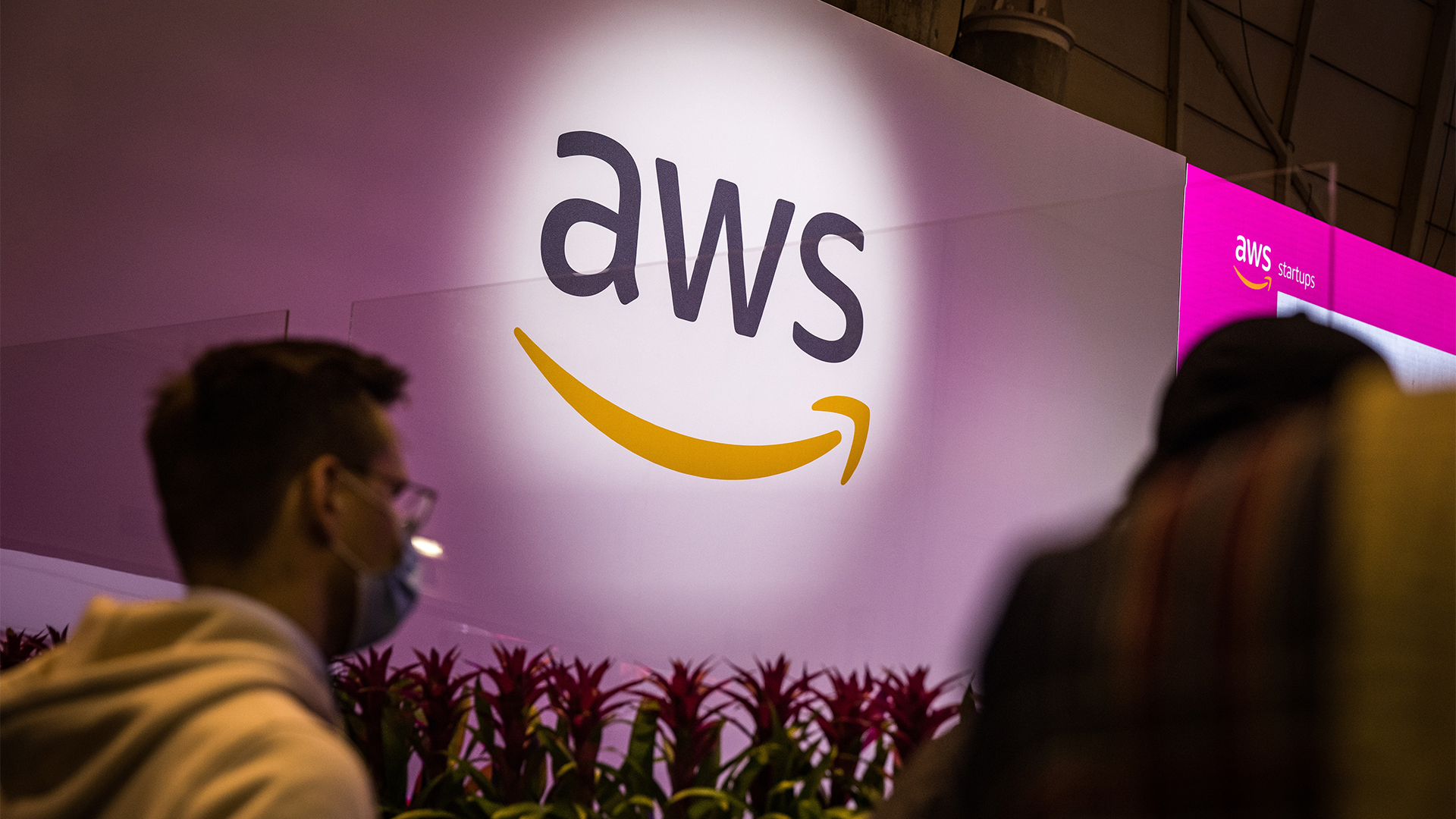 AWS exec laments European grid connection woes in data center push
AWS exec laments European grid connection woes in data center pushNews Efforts by AWS to expand data center infrastructure across Europe face severe delays due to sluggish grid connection practices, a senior company figure claims.
-
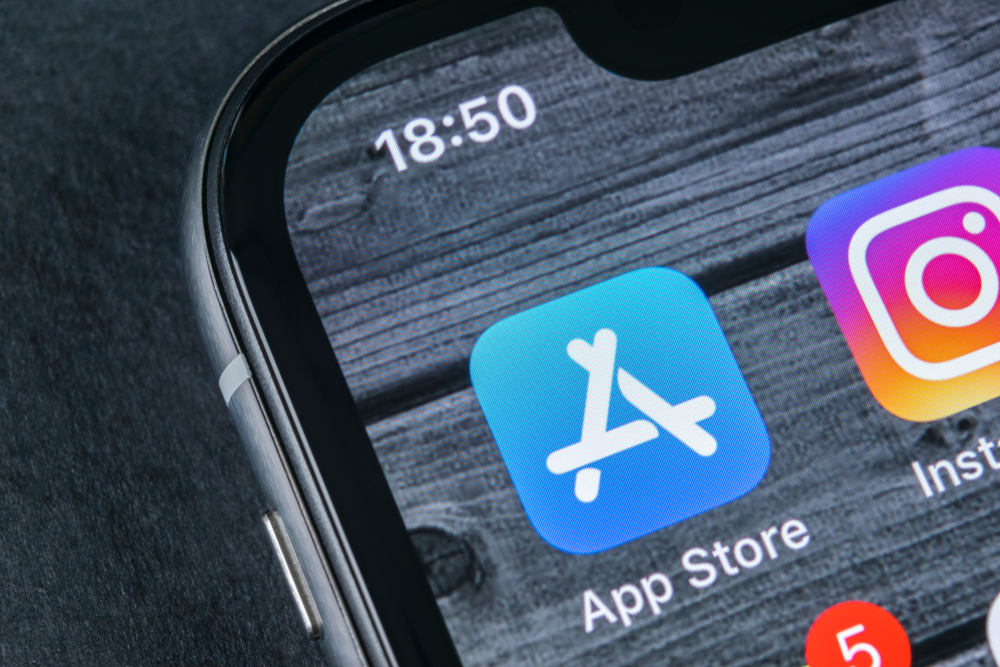 Apple's App Store now allows unlisted apps
Apple's App Store now allows unlisted appsNews Businesses are invited to make their limited-audience apps available only through a direct link
-
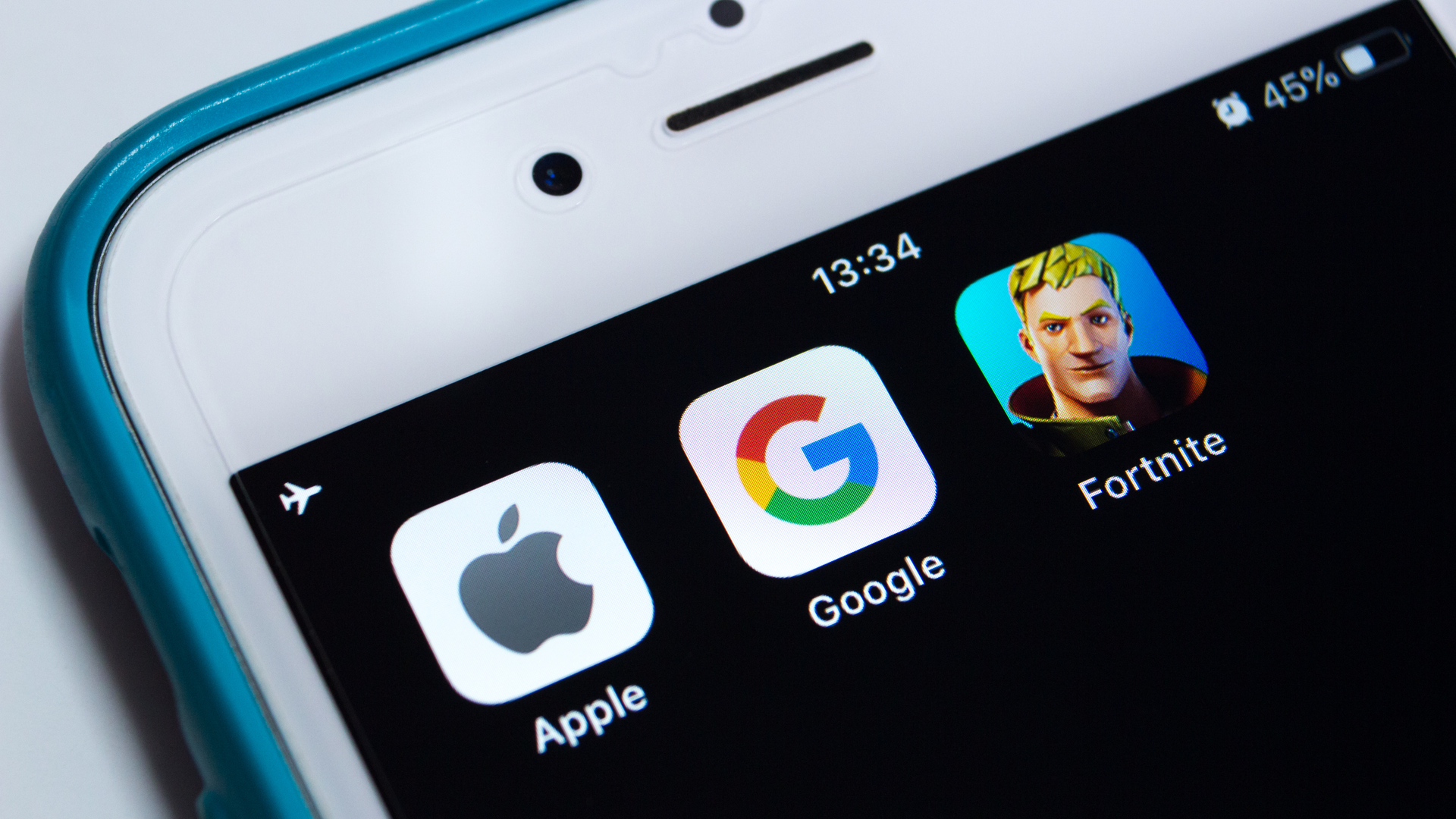 What Apple's Epic battle could mean for the app business
What Apple's Epic battle could mean for the app businessIn-depth The tussle over gaming could have broader effects for the App Store in general
-
 App makers take shots at Apple in Senate hearing
App makers take shots at Apple in Senate hearingNews App developers say the company uses its app store to further its own business interests
-
 Google toughens enforcement of 30% revenue share with developers
Google toughens enforcement of 30% revenue share with developersNews Reports indicate the updates could come as soon as next week
-
 Presidential campaign apps serve as data collection tools
Presidential campaign apps serve as data collection toolsNews Campaign apps give access to users’ contacts, approximate location, Bluetooth and more
-
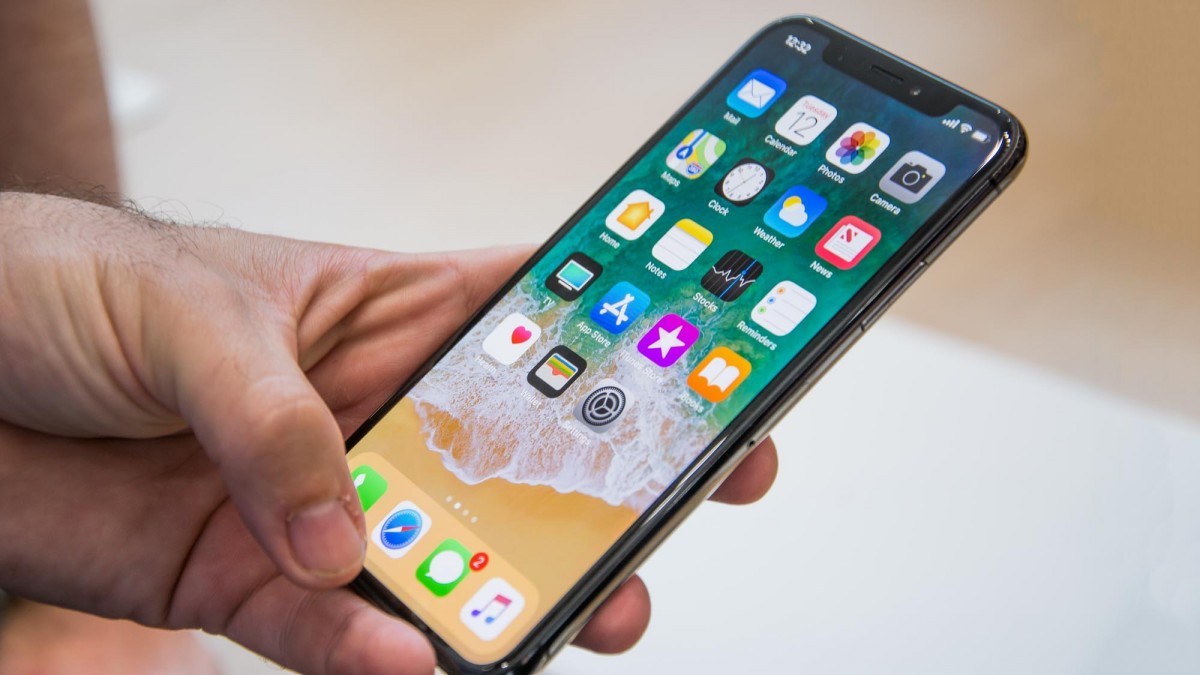 Best iPhone apps for 2019
Best iPhone apps for 2019Best Get the most out of the new range of iPhones with the top business, productivity and collaboration apps
-
 Apple pulls VPNs from the App Store as Russia bans them completely
Apple pulls VPNs from the App Store as Russia bans them completelyNews Apple removes VPNs from the Chinese store, while Russia makes them illegal
-
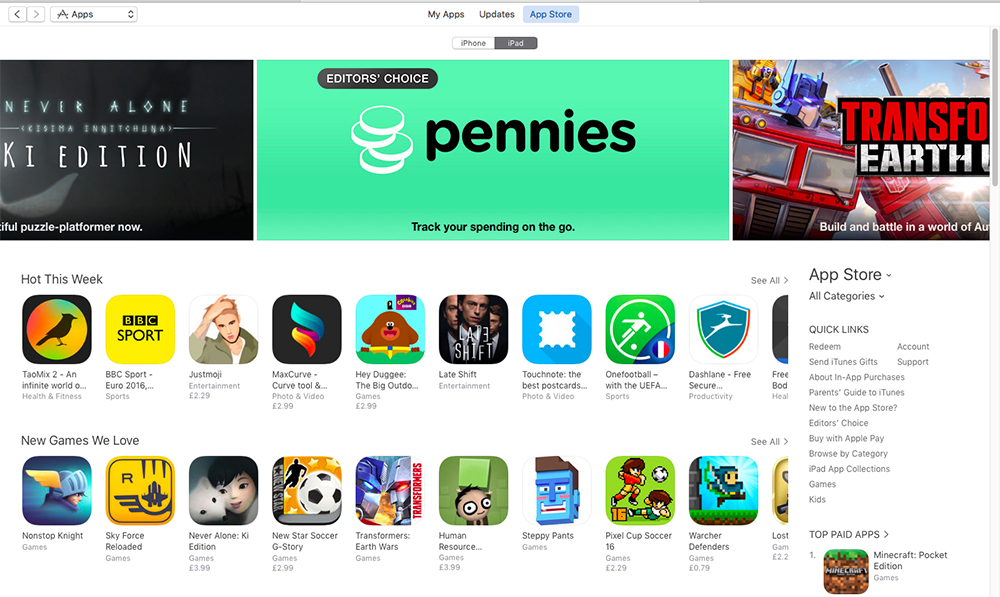 Apple raises App Store prices by 25% thanks to Brexit
Apple raises App Store prices by 25% thanks to BrexitNews App and in-app purchase prices rise in response to the weak pound
